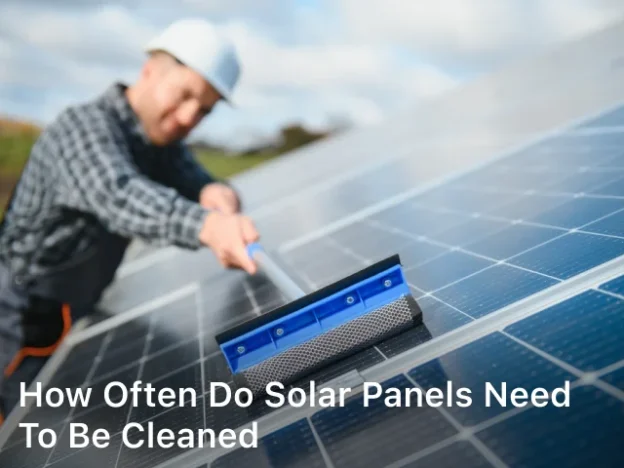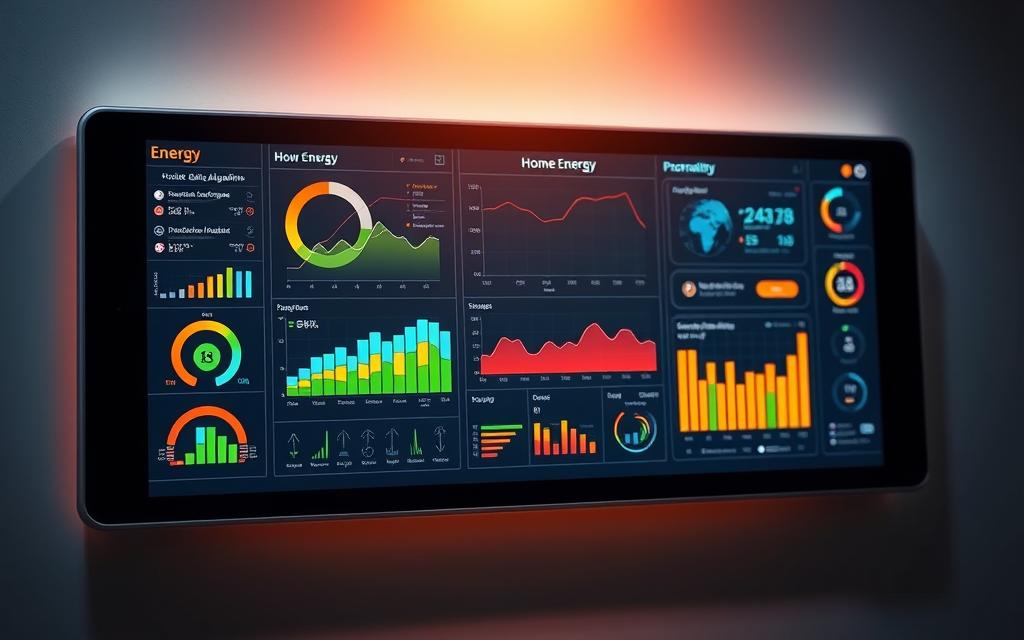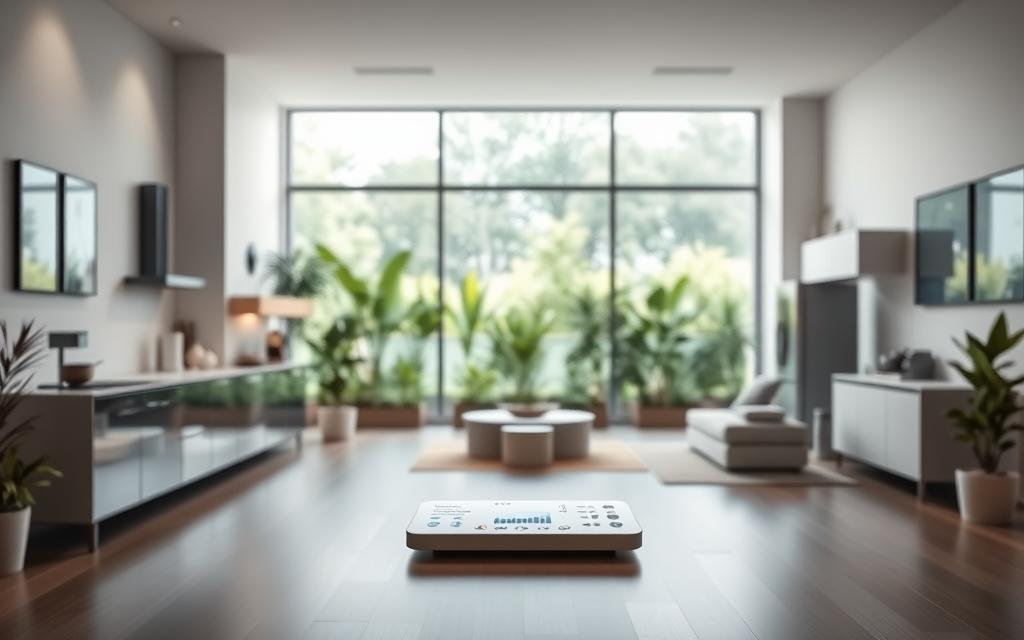How Often do Solar Panels Need to be Cleaned – Discover the Surprising Truth: Learn How Often You Should Clean Your Solar Panels for Maximum Efficiency and Savings! Solar panels have become an increasingly popular choice for clean and renewable energy generation. They harness the power of the sun to produce electricity, which not only reduces your carbon footprint but also saves you money on your energy bills. However, like any other investment, solar panels require maintenance to ensure they operate at peak efficiency. One common question that solar panel owners often ask is, “How often do solar panels need to be cleaned?” How Often do Solar Panels Need to be Cleaned In this comprehensive guide, we will explore the factors that determine the cleaning frequency, common misconceptions, and provide you with a clear understanding of how to maintain your solar panels for optimal performance. The Importance of Clean Solar Panels Before delving into how often solar panels need to be cleaned, it’s crucial to understand why keeping them clean is essential. 1. Efficiency and Energy Output Clean solar panels are more efficient at converting sunlight into electricity. When dirt, dust, bird droppings, or other debris accumulate on the surface of your panels, it acts as a barrier that reduces the amount of sunlight they can absorb. This means that dirty solar panels produce less electricity than clean ones, resulting in a decrease in energy production and financial savings. 2. Longevity of Your Investment Solar panels are a significant financial investment, and you want to maximize their lifespan. Regular cleaning can help prevent long-term damage to your panels. Accumulated dirt and grime can corrode the surface and lead to deterioration over time. Cleaning your panels ensures they remain in good condition for years to come. Factors Affecting Cleaning Frequency The frequency at which you should clean your solar panels depends on various factors. Let’s explore these factors in detail: 1. Location The location of your solar panels plays a significant role in determining how often they need cleaning. Panels in areas with high levels of pollution, dust, or bird activity will require more frequent cleaning than those in cleaner, less polluted areas. 2. Weather Conditions Weather conditions also affect the cleaning frequency. Rain can naturally wash away some dirt, reducing the need for cleaning. However, areas with infrequent rainfall may require more attention. Additionally, snow can block sunlight during the winter months, and removing it promptly is essential for maintaining efficiency. 3. Tilt Angle The tilt angle of your solar panels can impact how often they need cleaning. Panels with a steeper tilt angle may accumulate less debris due to the natural shedding effect. Flat panels tend to collect more dust and dirt. 4. Type of Contaminants The type of contaminants on your solar panels matters. Bird droppings, tree sap, and pollen can be particularly problematic and may require more immediate cleaning, as they can have a more significant impact on efficiency. Cleaning Methods and Best Practices Now that you understand the importance of clean solar panels and the factors affecting cleaning frequency, let’s explore the best methods and practices for cleaning your solar panels: 1. Manual Cleaning Manual cleaning involves using water, a soft brush or sponge, and mild soap to gently scrub the surface of the panels. This method is suitable for removing dirt, dust, and most types of contaminants. However, be cautious not to scratch the panel’s surface, and avoid using abrasive materials. 2. Automated Cleaning Systems Automated cleaning systems, such as robotic cleaners or water-fed brushes, can be a convenient option for larger solar panel installations. These systems are designed to safely and efficiently clean solar panels without the need for manual intervention. 3. Professional Cleaning Services If you’re unsure about how to clean your solar panels properly or have a complex setup, consider hiring a professional cleaning service. They have the experience and equipment needed to clean your panels effectively and safely. How do I know if my solar panels need to be cleaned? Knowing when your solar panels need cleaning is essential to ensure they operate at their optimal efficiency. Here are some signs to help you determine if your solar panels require cleaning: Visible Dirt and Debris: A straightforward way to check if your solar panels need cleaning is to visually inspect them. Look for a layer of dirt, dust, leaves, bird droppings, or other debris covering the panel’s surface. If you notice a significant buildup, it’s time to clean them. Reduced Energy Output: Monitor your solar panel system’s energy production regularly. If you notice a sudden drop in energy generation over an extended period, it may be an indication that dirt and grime are affecting their efficiency. Keep a record of your system’s performance to track any significant declines. Streaks or Water Marks: After a rainy day or cleaning attempt, check the panels for streaks or water marks. These can indicate that the water used for cleaning dried before it could be wiped away, leaving residues on the surface. If you see streaks, it may be time for a more thorough cleaning. Bird Droppings and Tree Sap: Bird droppings and tree sap are known to reduce the efficiency of solar panels quickly. If you notice these substances on your panels, clean them promptly, as they can harden and become more challenging to remove over time. Visible Shadows: Shadows cast on your solar panels, such as those from nearby trees or structures, can reduce energy production. If your panels are shadowed for an extended period during the day, they may not need cleaning, but rather a strategic adjustment of their placement or trimming of nearby foliage. Seasonal Changes: Consider the time of year and local weather conditions. For instance, if you live in an area with a dry and dusty season, you may need to clean your panels more frequently during that time. Conversely, in the winter, snow accumulation can block sunlight, so clearing the snow is essential. Regular Maintenance Schedule: Establishing





